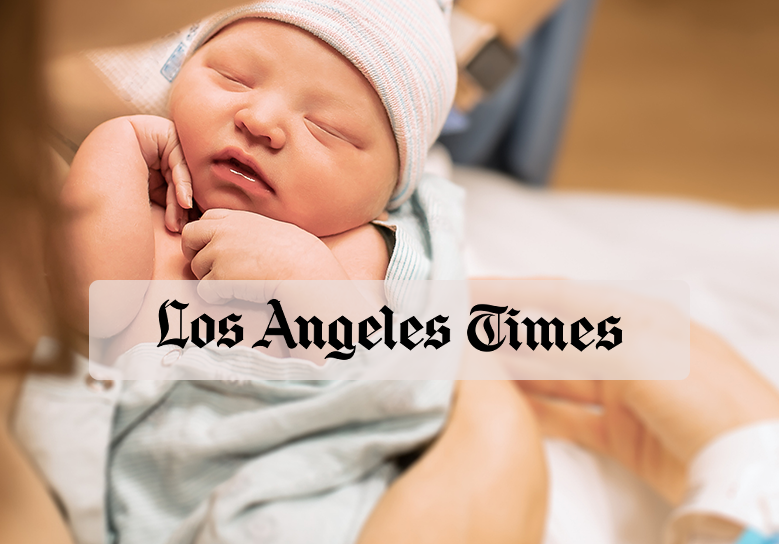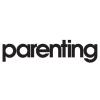Many clinical scenarios put patients at an inflection point of deciding between egg donation vs. adoption
The fertility journey is unfortunately one that involves a number of difficult inflection points. None more challenging than the decision that comes when a successful pregnancy using the intended parents’ own eggs is no longer a viable option – for whatever reason. This is the situation for many clinical scenarios including:
- Advanced reproductive age.
- Diminished ovarian reserve.
- Known or suspected genetic conditions that the patient does not want to pass on to the offspring.
- Poor oocyte (egg) or embryo quality.
- Merely the lack of biologic oocytes as occurs in many same sex or transgender relationships.
Approaching the egg donation vs. adoption decision through patient education
Fortunately, this does not mean that building or growing your family is no longer possible, and about 10% of patients undergoing in vitro fertilization (IVF) are doing so with a donor egg. But many other patients will decide that adoption is the better option for them.
When it comes to evaluating the option of using egg donation vs. adoption, there are a number of factors to consider. Patient education plays a vital role in making an informed decision, and here are some of the many considerations one must weigh when deciding whether to pursue egg donation vs. adoption.
Egg donation pros
Desire to carry a pregnancy and epigenetic interactions
The most important initial consideration for a couple facing the decision between donor egg and adoption is the fundamental desire to carry a pregnancy. For many women the ability to physically carry and deliver a child is a crucial component of the experience of starting or growing their family.
The donor egg option provides that opportunity and allows fostering a biological connection with their child, which for many feels like an essential component of having a child. This may also provide a sense of control over the environment in which a child develops through the process of prenatal care and lifestyle choices.
The process of carrying a pregnancy involves a host of epigenetic interactions between mother and child that directly impact the development of that child throughout the process of pregnancy. Epigenetics is how one’s environment and behavior can alter the way their genes are expressed, which can continue to have effects well beyond delivery.
Family genetics contribution
The donor egg process also allows for the opportunity of genetic contribution from the male partner if the couple is a part of a male/female partnership. This means that although the mother is not contributing directly to the genetic makeup of the child, half of the genetics will be coming from the couple directly.
This is obviously less important in a female same sex relationship, but it still should be considered that even in this circumstance the couple has the opportunity to make specific decisions on which donor characteristics are important to them. Donor profiles are loaded with information on physical, intellectual and personality traits that allow for a greater genetic control and input into their future offspring.
Control of conception details
Finally, with the donor egg process, the parents get to decide who and when they tell about their child’s creation story. Deciding which friends, family or colleagues you want to share the decision to use a donor egg with is entirely your choice.
Donor egg cons
No guarantee of a successful pregnancy
There are certainly cons to the donor process, however, that also must be carefully considered. The most significant of which is that using donor eggs is not a guarantee of a successful pregnancy.
Both adoption and donor egg IVF come at considerable financial costs, however only with adoption is it certain (at least in the majority of cases) that if you accept that option and its costs, you are guaranteed a baby. It should be said that the donor IVF process is very highly successful, with over 90% of couples who pursue that option successfully delivering a child, but that still falls short of certainty.
Limitations of egg donor database
Additionally, for many couples who are seeking a specific ethnic/racial profile or other specific characteristics of a donor, the pool of available options may be small, and in some cases nonexistent. However, as the population of donor eggs continues to increase, this will become an increasingly smaller concern.
Pressure of sharing conception details
Lastly, although the ability to determine who you invite to know the details of how your child was conceived is entirely up to you, the pressure to make those decisions can also feel burdensome or stressful.
Benefits of adoption
Desire to avoid pregnancy
Similar to the thought process for deciding to pursue donor eggs, the decision to pursue adoption has many implications. The first consideration for most women is the inherent personal and emotional value of carrying a child yourself.
Many women do not look fondly on the body changes and natural discomforts associated with pregnancy and would gladly forgo that part of the process. For others, it just isn’t important to them whether they carry or not; others may have real medical reasons why it would be higher risk for them to carry a child themselves. In these cases, adoption may be the more desirable option.
Adoption can be emotionally rewarding
In addition to bypassing the direct process of pregnancy and delivery, adoption can be a highly emotionally rewarding endeavor. There are myriad children who have been left parentless for multiple reasons, for whom an opportunity to be raised in a loving home environment is a life changing gift.
Flexibility to adopt a baby, child or teen
There is also the opportunity for age-flexibility, meaning a patient can decide if they want to only adopt a newborn, an infant, a young child or even a teenager. This gives the adopting patient the ability to decide if there are stages (like the more sleepless early infant stage) that they would be comfortable bypassing based on their personal preferences or individual circumstance.
Adoption cons
Lengthy process, legal obstacles, post-adoption steps
The process of adoption is often more complicated and lengthy than most people anticipate. Getting through an assessment to be approved as an adoptive parent can often take up to six months, and it is often several months after that before a placement is completed.
There are also numerous legal obstacles that have to be considered. There are agency adoptions, independent adoptions, subsidized adoptions and the foster care system, all of which involve different types of opportunities and hurdles. Additionally, there are post-adoption evaluations and continued interfacing with the adoption agency that go well beyond the introduction of the adopted child into the home.
Is childhood development different between donor egg and adoption?
Unfortunately, there is very limited data available on long-term outcomes for donor egg offspring. This is in large part because this practice of donor IVF is relatively new over the last few decades.
There is a much longer history of adoption, but even there, data is fairly poor given the uniqueness of each adoption circumstance and how impactful the individual circumstance is for each child. The little data we do have from prospective studies suggests that children adopted internationally at less than 1 year of age have demonstrated higher rates of poor attention, hyperactivity, difficulty with emotional regulation, and elevated levels of anxiety, as well as difficulties later in life with intimate social attachments and emotional regulation. But it seems difficult to argue that a loving, nurturing home environment is not a better circumstance for any child.
Ultimately, none of these decisions is easy, but you don’t have to make these choices alone. Your fertility provider can help you to think through this process and formulate the questions specific to your circumstance.







